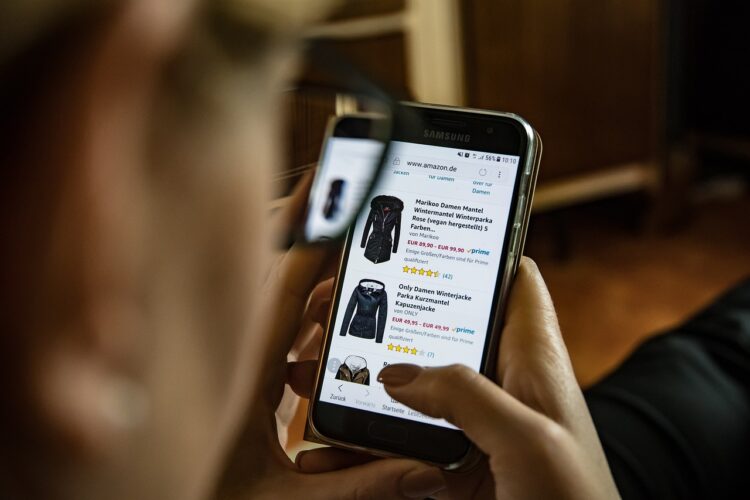As social media becomes an increasingly significant part of our daily lives, it is easy for us to jump on microtrends and make an impulse buy without thinking twice about the purpose and impact of our purchases. With the rise of influencers, it has become increasingly difficult to differentiate between genuine endorsements and paid promotions. Marketing companies have leveraged social media as a tool to promote their products with a more personal touch, often blurring the line between paid promotion and authenticity. According to a study conducted by Meta, 54% of surveyed Instagram users reported making a purchase immediately or shortly after seeing a product or service on the platform, highlighting its influence in driving sales and contributing to today’s growing consumer culture. The impact of overconsumption can lead to negative environmental, economic, and psychological effects, which is why content creators on social media platforms such as TikTok and Instagram have started an anti-trend movement, calling themselves de-influencers.
De-influencers aim to dissuade consumers from making unnecessary and excessive purchases by highlighting trends and microtrends on social media. They encourage viewers to think twice before buying any goods, often prompting them to consider their actual needs and the necessity of the purchase. With the ongoing threats of global warming and economic decline in many parts of the world, there is no better time to reflect on our role in fostering a culture of hyper-consumerism. There have been instances where influencers were allegedly caught making false claims while advertising products, presumably to boost sales at the expense of authenticity. A well-known example is the L’Oréal Telescopic Lift Mascara scandal involving beauty guru Mikayla Nogueira, who was speculated to have used fake lashes to enhance the product’s effect in her video. Although she has denied these claims, the incident highlights the deceptive façade that can accompany sponsored content on social media. This raises the question: Is it really worth buying into the hype?

Due to the fast-paced and ever-changing trends, more consumers are being persuaded to purchase from fast-fashion brands, which are known for their environmental and ethical issues. Furthermore, constant exposure to social media advertising a myriad of products and promoting specific lifestyles can lead to stress and anxiety, as consumers feel pressured to fit in and may experience feelings of inadequacy if they cannot keep up with the trends. The desire to appear ‘trendy’ can lead to overspending, placing unnecessary financial strain on individuals and their families. De-influencing content tends to focus on offering consumers a new perspective, encouraging them not to base their self-worth on how many trends they can follow.
There is immense pressure on social media to conform to specific lifestyles and appearances. Although the rise of de-influencers won’t completely resolve the issue of overconsumption in our society, it is a step in the right direction. The goal is for us to become more mindful and conscious consumers. This doesn’t mean we can’t occasionally splurge on ‘wants,’ but it does involve valuing every purchase. For example, it might mean using up all the lip glosses you own before buying a new one or choosing products based on your personal preferences rather than following trends set by others. The notion that one needs a wardrobe’s worth of skincare products, which will likely expire before being fully used, or purchasing clothes from TikTok Shop just because they’re advertised — even if they don’t suit your taste — is not the future we want for ourselves. Each of us should act as our own de-influencers by making purposeful and meaningful decisions regarding our consumer habits.
Image by Hannes Edinger and Jan Vašek from Pixabay (in order of appearance)
Roselle Torres
If you found the article interesting, I also recommend this:




